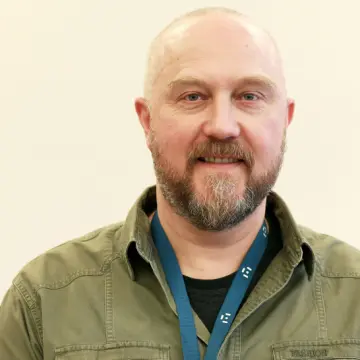THIS CONTENT IS BROUGHT TO YOU BY the Norwegian centre for E-health research - read more

Artificial intelligence makes it easier and cheaper for doctors to diagnose patients
Annually, around 250,000 women in Norway are screened for breast cancer, which captures a standard set of four images per woman. This translates to a substantial dataset of 1 million images each year.
The use of artificial intelligence will contribute to even better diagnostic imaging for patients. The Norwegian Centre for E-health Research is conducting follow-up research on the project.
The goal is to improve the healthcare service and free radiologist resources, enabling them to allocate more time to advanced examinations, where time can be more crucial for patients.
Using artificial intelligence (AI) for this purpose can improve healthcare for half the population of Norway within a short time.
“We aim for AI to enhance the daily work experience for our radiologists by assisting them in managing the substantial volume of diagnostics and offering valuable professional support. While AI may not address all the challenges, it will undoubtedly make a significant contribution,” Jon Haakon Malmer-Høvik says.
He is head of the Department of Diagnostic Imaging at Vestre Viken Hospital Trust.
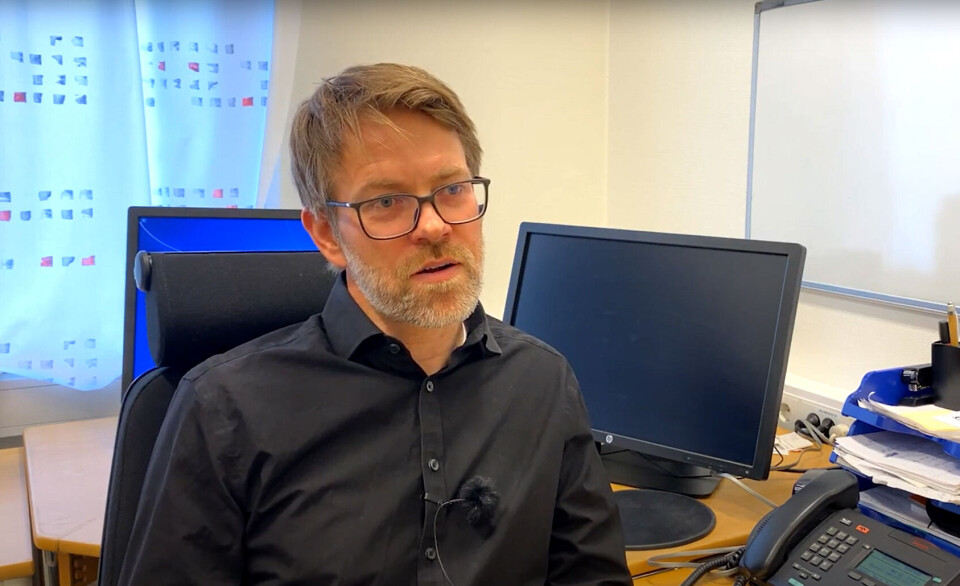
Enhances quality and efficiency
With the new AI solution, X-ray images captured at the hospital will be transmitted to a cloud-based service.
Within this system, algorithms analyse the images, and the AI-generated responses are then returned to an image storage system.
This process aims to enhance the quality and efficiency of patient pathways and the radiologists' workflow.
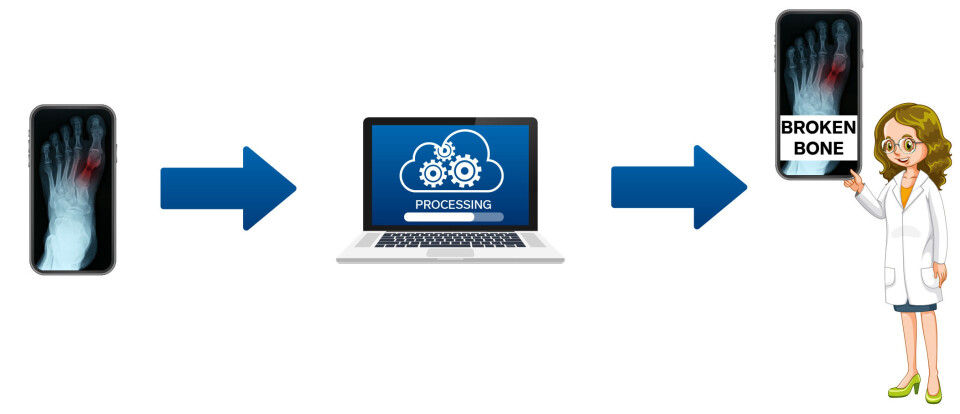
Researchers need to get involved early
While the healthcare sector should embrace AI utilisation, there is a pressing need for research to explore both the opportunities and challenges presented by the medical application of artificial intelligence.
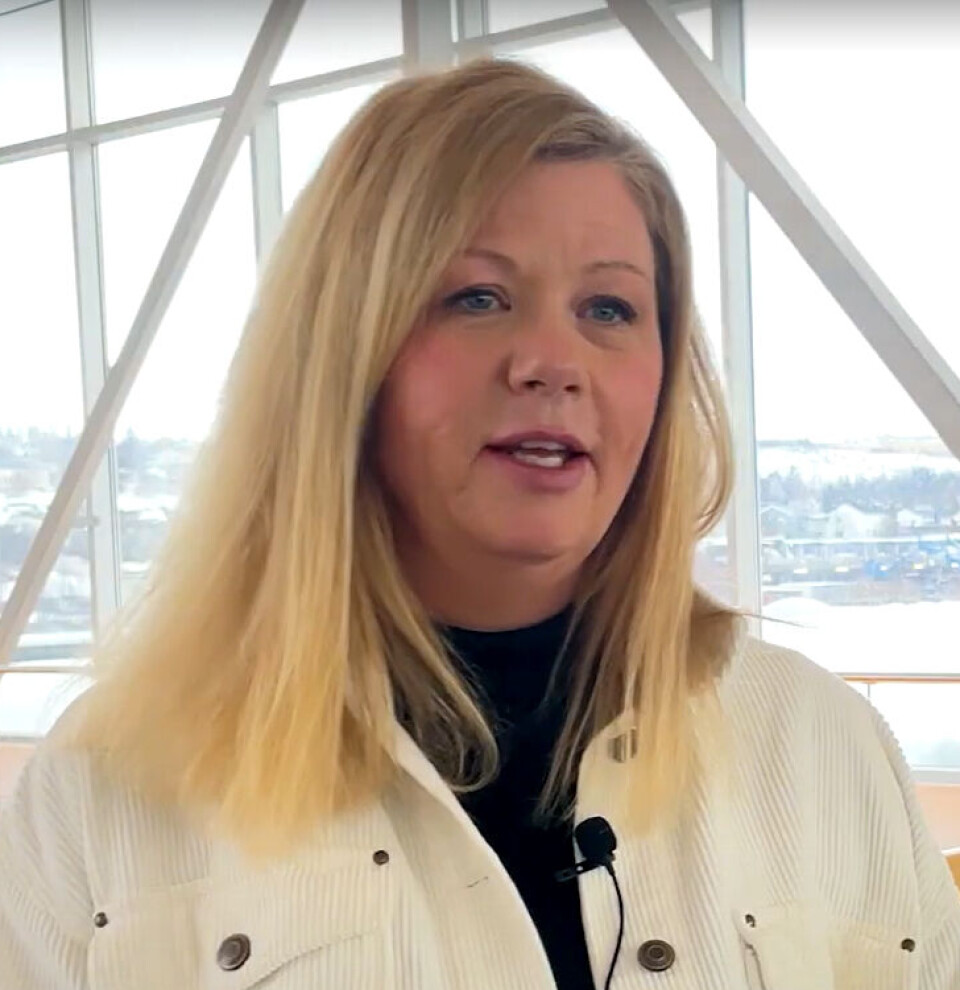
Researchers from the Norwegian Centre for E-health Research have been engaged in the project from its inception and are currently conducting ongoing follow-up research. This involves closely monitoring the implementation of artificial intelligence in the Department of Diagnostic Imaging at Vestre Viken Hospital Trust over an extended period.
“We are currently collaborating with the Norwegian Directorate of Health and Vestre Viken on a follow-up research project that explores the prerequisites for the effective implementation of artificial intelligence,” Line Silsand says.
She is a researcher in the Department for Patient Pathways at the Norwegian Centre for E-health Research.
“We are evaluating aspects of procurement, implementation, and the associated benefits, and we will provide ongoing updates to the project team to facilitate adjustments as needed,” she says.
Expectations and challenges
Artificial intelligence in radiology holds the promise of efficiently managing the growing influx of imaging examinations.
However, the adoption of AI introduces fresh challenges concerning ICT security, data quality, privacy, ethics, and organisational dynamics.
“Artificial intelligence holds the potential to facilitate early disease detection, thereby enhancing patient survival rates. It also plays a crucial role in optimising patient prioritisation, ensuring timely and appropriate healthcare delivery," Silsand says.
However, she adds, to deploy AI technologies safely and effectively, it's crucial to conduct research into the clinical application processes. This will help the researchers understand the prerequisites for the successful incorporation of AI.
Major savings
Annually, the Norwegian Breast Cancer Screening Programme screens around 250,000 women, capturing a standard set of four images per woman. This translates to a substantial dataset of 1 million images each year.
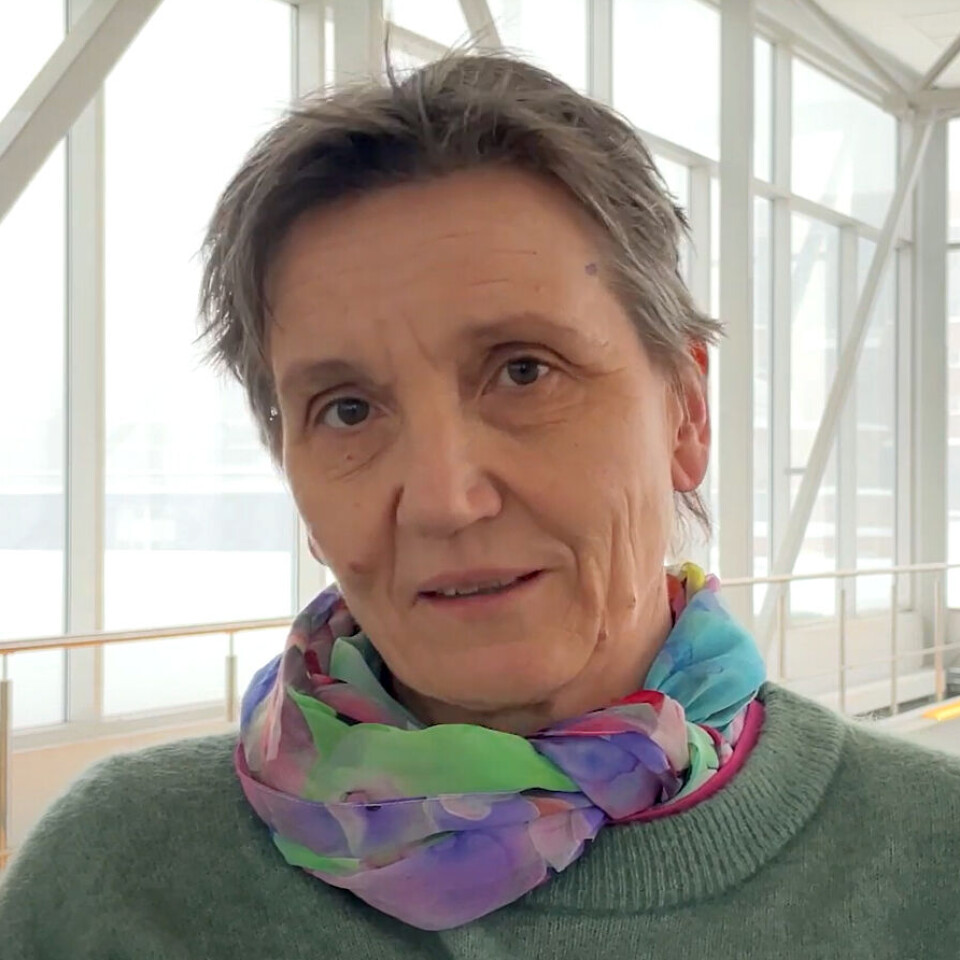
Currently, two radiologists independently interpret these images.
If artificial intelligence could effectively select half of these, it would represent a substantial relief for radiologists.
“We're currently facing a significant shortage of breast radiologists, and our objective is to optimise their time through the integration of AI. In addition to improving screening examination sensitivity, we aim to achieve long-term cost-effectiveness," Solveig Hofvind says.
She is head of the Breast Cancer Screening Programme at the Cancer Registry of Norway.
"To realise this goal, we are dedicated to developing and testing both proprietary and CE-marked algorithms within the Screening Programme to identify and implement the most effective solutions,” she says.

This content is paid for and presented by the Norwegian centre for E-health research
This content is created by the Norwegian centre for E-health research's communication staff, who use this platform to communicate science and share results from research with the public. The Norwegian centre for E-health researchis one of more than 80 owners of ScienceNorway.no. Read more here.
More content from the Norwegian centre for E-health research:
-
When your doctor is online: People expect a reply within 24 hours
-
Technology in the health and care sector: "This is not just about new gadgets"
-
Five Nordic and Baltic countries take a major step toward the future of health research
-
A digital chatbot can help you stay fit
-
Researchers' advice for better healthcare services: Listen to the patient!
-
Half of those who received mental health care found errors in their medical records







